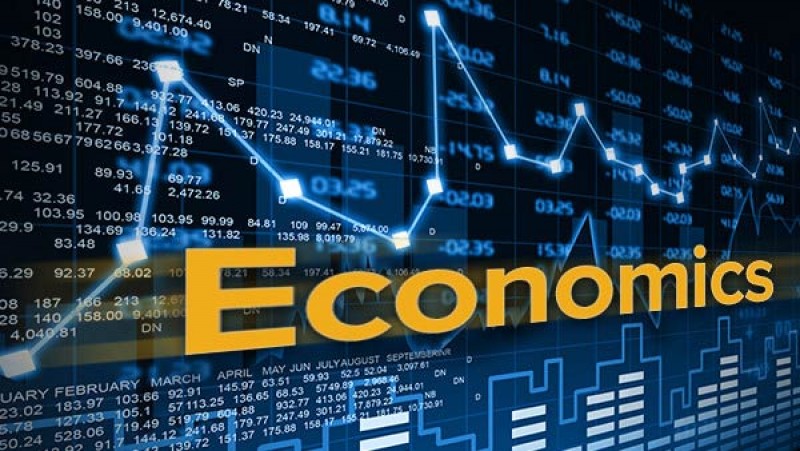Career Trends: September 20, 2022
Curated by the Knowledge Team of ICS Career GPS

Content Credit:
- Article by Richa Dwivedi Saklani, published on thehindu.com. Original article link.
Economics is a social science that focuses on the production, distribution, and consumption of goods and services, and analyses the choices that individuals, businesses, governments, and nations make to allocate resources. We have been hearing that economics has a lot of scope, but students who are studying the subject often wonder what they can do after their degree.
For students of Economics who are wondering what careers to pursue, here are some ideas:
1. Finance and Investments
- Economics prepares you to create models for a situation rationally — at what price should one invest in this stock, when does this investment become profitable, how much should I pay for an asset with high levels of risk, how should I value the goodwill of a company I am acquiring, and so on.
- Students with a Bachelor’s degree in Economics can add Econometrics, Finance and Accounting or Data Analytics skills to their resume to be eligible for such roles with investment banks, private equity firms, accounting firms and financial institutions.
2. Equity and Business Research
- Economics also gives a student some perspective on how macro systems work in the world and how other industries and government policies impact a company or a stock, or how a change in one country impacts another.
- For example, the impact of rising energy, food and crude oil prices in Europe following the Russia-Ukraine war.
- Students can research specific stocks, industries or even on countries as potential investment opportunities or destinations.
- These roles are available with consulting firms, investment banking firms and think tanks.
3. Econometrics and Data Analytics
- Econometrics uses statistical and mathematical analysis to analyse economic phenomena.
- They may use tools like frequency distributions, probability, regression and correlation analysis, simultaneous equations models, and time series methods to analyse existing data and forecast future trends.
- This opens up jobs in business in marketing analysis, supply chain and inventory analysis, stock trends and investment analysis, or policy analysis.
- For instance, they may work on forecasting stock or commodity price trends from past data, or the impact of fertilizer subsidies on agricultural income.
- Additional skills required include basic computing languages and tools like Python, R, Stata or others.
4. Public Policy
- This means working on formulating large-scale policies that promote social good.
- Typically, a Public Policy professional will specialise in one area like environmental policy, poverty, education policy, health policy, trade policy or foreign policy.
- Within each are further specialisations such as water science within environment, child nutrition within health, and conflict in South Asia within foreign policy.
- A Public Policy professional can work with the government, think tanks or NGOs.
5. Behavioural Economics
- Behavioural Economics combines elements of economics and psychology to understand how and why people behave the way they do in the real world.
- Students can work in universities or other academic settings or in marketing, marketing research, or human resources areas like organisational design and learning and development and help organisations promote positive employee behaviour, higher workplace engagement and even greater customer satisfaction.
6. Environmental Economics
- Environmental Economists help governments and companies design appropriate environmental policies that promote growth while also protecting the environment.
- For instance, how can a government offer tax incentives and even subsidies to encourage firms to use green energy? Or how firms can buy carbon credits in international markets if exceed their carbon emission limits? Or how recycling can be made economically viable?
- Alternatively, you can combine Environmental Economics with finance to specialise in private equity and investment banking deals with companies setting up new businesses and projects in clean energy, recycled products or environmental friendly packaging.
…
Have you checked out yesterday’s blog yet?
Interesting Career Options in 3D Printing
(Disclaimer: The opinions expressed in the article mentioned above are those of the author(s). They do not purport to reflect the opinions or views of ICS Career GPS or its staff.)




One Reply to “Careers in Economics”